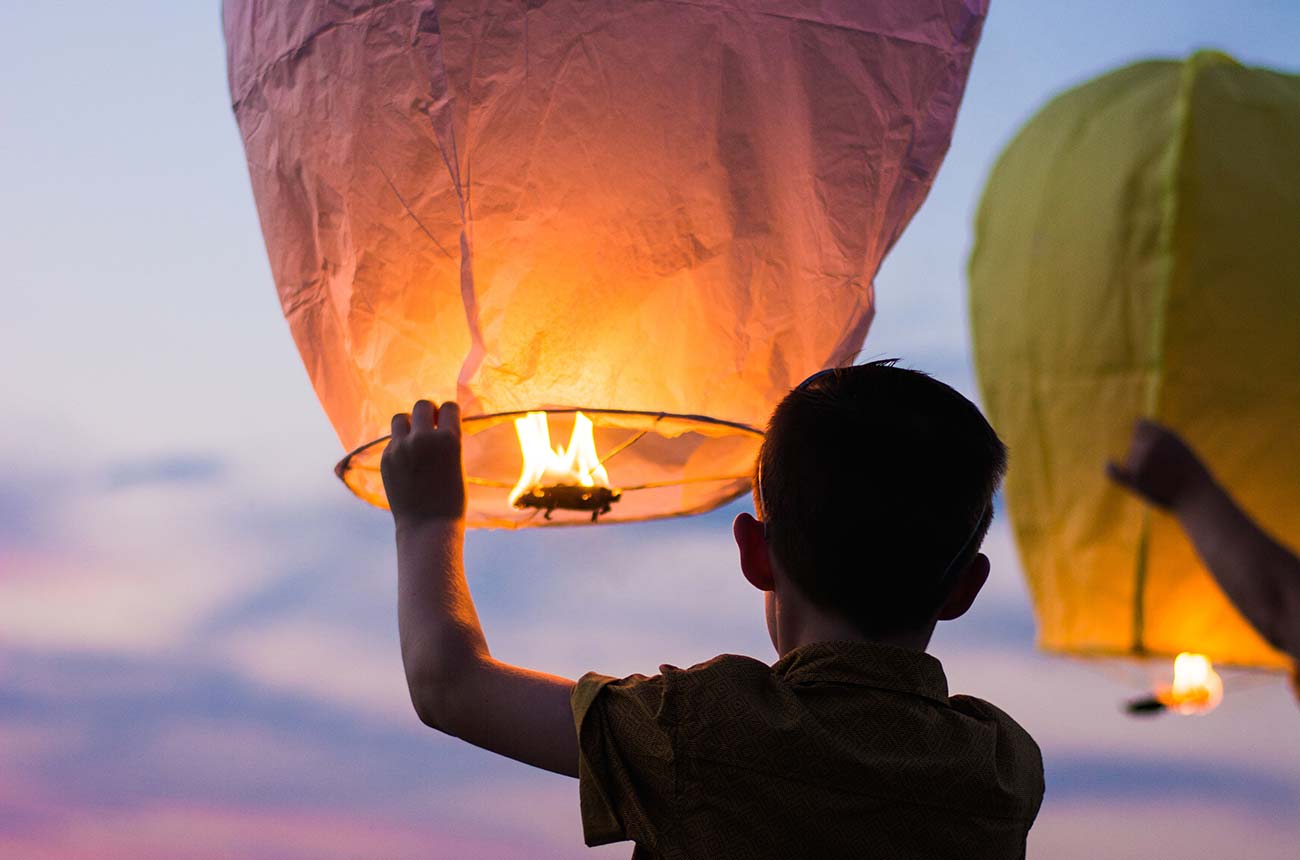Powerful peer support sessions that break isolation and build connection through shared recovery experiences.


Group therapy at Eagle Lake Recovery harnesses the transformative power of shared experiences and peer support in addiction recovery. Our facilitated group sessions bring together individuals at various stages of recovery to create a supportive community where healing happens through connection.
The Power of Group Healing:
Led by licensed therapists, these sessions replace isolation with understanding, accountability, and genuine belonging. Our group therapy model incorporates various evidence-based approaches that help participants discover they're not alone in their struggles.
The bonds formed in group therapy often become lasting sources of support and motivation for sustained sobriety. Through group dynamics, residents develop the social skills and connections essential for long-term recovery success.
Ready to discover the healing power of connection? Group therapy at Eagle Lake transforms isolation into community, creating bonds that support lifelong recovery.
Peer support groups that transform isolation into connection and healing.

Meet the dedicated therapists and counselors who will be your trusted guides, advocates, and supporters throughout your entire recovery journey.
Common questions answered about our therapy services and comprehensive addiction treatment services.
Our unique approach focuses on healing the whole person —mind, body, and soul. While many facilities rely primarily on traditional talk therapy, we integrate body-based therapies, outdoor adventure activities, EMDR trauma processing, yoga, physical fitness training, and spiritual guidance. We believe addiction and trauma sever the connection between mind, body, and soul, so true healing requires restoring all parts of the self, not just addressing surface behaviors.
Adventure therapy uses outdoor activities like hiking, climbing, and ropes courses to push physical and emotional boundaries in a safe, supported environment. These activities help build trust, confidence, and resilience while teaching you to face challenges without turning to substances. Many of our residents find that conquering a difficult climb or completing a team challenge translates directly into confidence for handling life's obstacles in recovery.
Not necessarily. While many people in addiction recovery have experienced obvious trauma, others may have what we call "small-t" traumas—experiences that weren't life-threatening but still created emotional wounds. EMDR (Eye Movement Desensitization and Reprocessing) helps break the trauma-addiction cycle by reprocessing difficult memories so they no longer trigger overwhelming emotions that lead to relapse. Our certified trauma therapists will assess your individual needs during treatment.
We provide both because they serve different but equally important purposes. Individual therapy allows us to create personalized treatment goals and address your unique needs one-on-one. Group therapy is where "the magic happens"—it breaks through isolation, creates accountability, builds social skills, and helps you realize you're not alone in your struggles. Most residents participate in multiple group sessions weekly along with individual counseling sessions.
Addiction often leaves people disconnected from their bodies and neglecting basic self-care. Physical fitness training helps rebuild your relationship with your body, turning it from a source of shame into a source of strength and pride. Proper nutrition heals your brain chemistry, reduces cravings, improves sleep, and supports emotional regulation. Together, these components help your body heal from the inside out while complementing your therapeutic work.